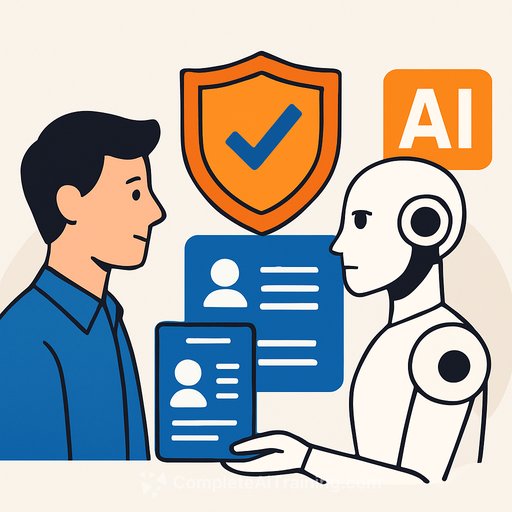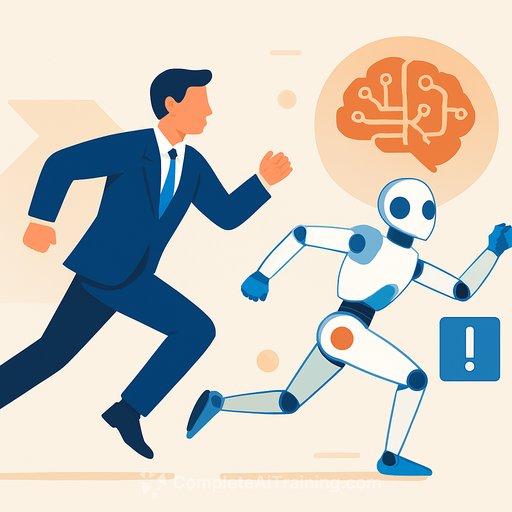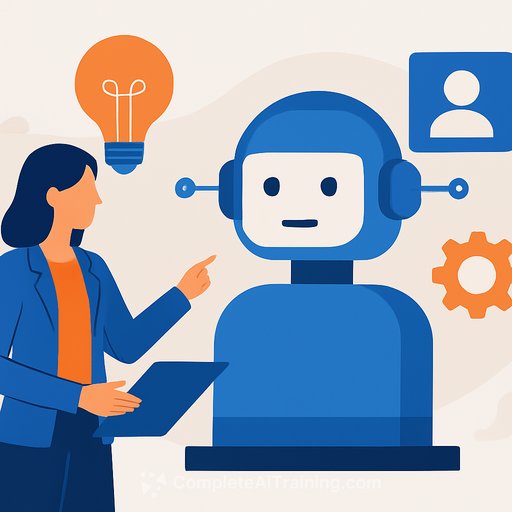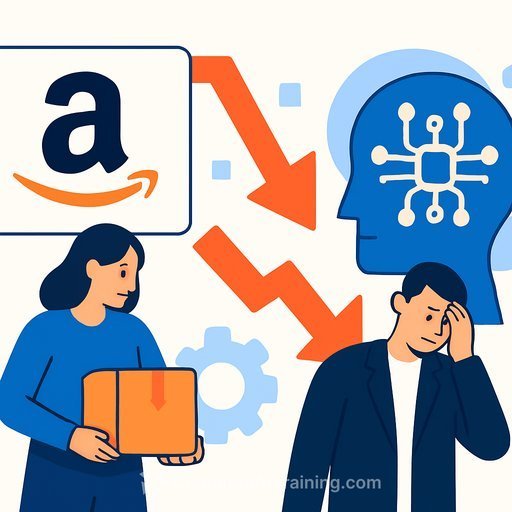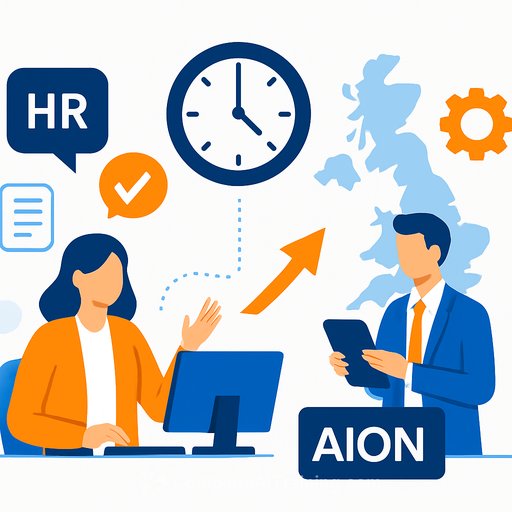AI In HR At Credit Unions: Useful, But Keep The Human In Charge
AI promises speed in recruiting, performance management, and development. It also adds risk. Legal exposure, missed talent, and bad decisions sit on the other side of the ledger.
At PSECU, Chief Human Resources Officer Sandra Holzgen has chosen restraint. The credit union uses Workday, but has not activated the embedded AI recruiting features. "We've chosen not to activate AI in our recruiting," she said. "We want to be careful, because in HR, you always need to put the human in human resources."
Why PSECU Hit Pause On AI Recruiting
HR decisions are personal. PSECU runs a centralized model where recruiters partner with leaders, and every hiring decision is reviewed and justified against culture and need.
That means slower upfront, fewer regrets later. It also guards against hidden bias from opaque algorithms and protects candidate trust.
Where AI Already Helps (And Could Help More)
Resume triage is the obvious use case. For a team of two recruiters serving about 900 employees, quickly narrowing hundreds of resumes to a short list could save real time. Holzgen sees value here-once the risks are managed.
Talent development is another area. AI could suggest internal career paths based on skills and training, support succession planning, and flag growth opportunities that reduce turnover.
On compliance, some managers at PSECU use Microsoft's Copilot to refine performance-review comments. The goal: clear, fair, and defensible documentation that protects employees and the organization.
The Risks HR Cannot Ignore
AI filters can hide great people. Holzgen has seen strong candidates get blocked because their resumes weren't structured for screening tools. That hurts candidates and employers.
Accuracy is a second issue. "Sometimes the information AI produces is flat-out wrong," she said. That's why her team double and triple checks anything AI touches. One bad decision can damage culture and reputation.
Disclosure matters. If your platform uses AI, should candidates know? Transparency helps people present themselves fairly. Holzgen expects clearer guidance and standards to emerge.
What The Data Say
A ResumeBuilder.com survey of 1,342 U.S. managers shows how far AI has already seeped into people decisions:
- Six in 10 managers use AI to make decisions about employees.
- Use cases include raises (78%), promotions (77%), layoffs (66%), and terminations (64%).
- More than one in five often let AI make final calls without human input.
- Two-thirds have had no formal training on ethical use in people management.
- Nearly half were asked to assess if AI could replace a direct report; 43% did replace a role.
Source: ResumeBuilder.com
Practical Guardrails For HR Leaders
- Do not auto-activate AI features. Pilot with a small scope, clear success criteria, and documented risks.
- Keep a human in the loop for any decision that affects pay, promotion, hiring, or termination.
- Publish your AI usage in hiring. Tell candidates how screening works and how to submit materials that get a fair review.
- Use structured job criteria and scoring rubrics before tooling. Let AI support the process, not define it.
- Audit vendors. Ask for documentation on data sources, bias testing, and adverse impact monitoring. Require opt-out controls.
- Train managers on appropriate use, prompts, and review practices. No blind copy-paste into files of record.
- Set accuracy checks. Sample outputs, compare against human ratings, and track error types over time.
- Offer a human appeal path for candidates filtered out by automated screens.
- Limit PII exposure. Keep sensitive data out of prompts and apply data loss prevention controls.
- Use AI for drafting, not judgment. Editing performance notes is fine; deciding ratings is not.
For legal context, review federal guidance on AI and employment selection from the EEOC: eeoc.gov.
The Road Ahead
PSECU's stance is simple: prudence and patience. "Credit unions are about people helping people," Holzgen said. AI should enhance that mission, not replace it.
If you adopt AI in HR, aim for clear value, visible guardrails, and human oversight. Start small, measure impact, and keep candidate fairness at the center.
If your team needs structured training on safe, practical AI use by job function, explore curated options here: Complete AI Training - Courses by Job.
Your membership also unlocks:

